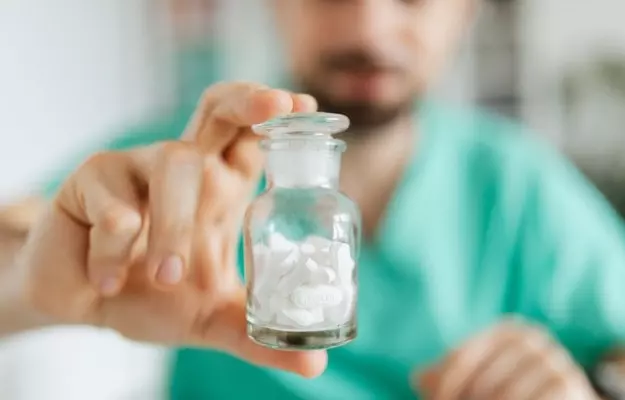In the absence of effective treatment, some doctors had proposed using hydroxychloroquine, an antimalarial drug, as a prophylactic treatment for COVID-19 infection. Early studies of the drug from China and France, published in the month of March, had shown some promise.
Soon after, various trials began to find out the effectiveness of hydroxychloroquine for the prevention (and treatment) of COVID-19. While some of the trials showed high potency of hydroxychloroquine against SARS-CoV-2, the virus that causes COVID-19, others found the exact opposite.
A study published in The Lancet, on 22 May 2020, stated that the use of hydroxychloroquine could increase the risk of death in people suffering from COVID-19. After this study, many big firms, including the World Health Organization (WHO), halted the trials on the drug to reassess the situation.
However, the Indian Council of Medical Research (ICMR) continued recommending the prophylactic use of hydroxychloroquine for Indian healthcare workers based on its own laboratory results that indicated this antimalarial drug reduced the risks of COVID-19 infection.
Questions about the study
The study on the effectiveness of chloroquine and hydroxychloroquine was led by Dr Mandeep Mehra, a Harvard Medical School professor, along with Surgisphere, a Chicago-based healthcare analytics company. In this study, the team collected data of 96,032 COVID-19 infected patients from 671 hospitals across six continents.
The patients were divided into four categories, depending on what they received: only chloroquine, chloroquine with antibiotics, only hydroxychloroquine and hydroxychloroquine with antibiotics. The study concluded that the use of hydroxychloroquine, with or without antibiotics (azithromycin), increases the risk of death in the patients. The New England Journal of Medicine had referred to this study as well.
After this study was published on 22 May 2020, the WHO temporarily paused its trials on hydroxychloroquine.
Concerns over the authenticity of the study
On 3 June 2020, The Lancet gave a statement questioning the origin and validity of the data collated by the authors. It stated that The Lancet team are further enquiring about the study and would release the results of this enquiry soon.
(New England Journal of Medicine had issued a similar expression of concern over the study’s results prior to the one in The Lancet.)
Following this, the Guardian newspaper raised concerns about the company that was co-authoring the study and stated that “the US-based company Surgisphere, whose handful of employees appear to include a science fiction writer and an adult-content model, has provided data for multiple studies on Covid-19 co-authored by its chief executive, but has so far failed to adequately explain its data or methodology.”
Surgisphere released a statement in response to the questions raised about the study on its website.
World Health Organisation resumes the hydroxychloroquine trials
After all this, WHO director-general Dr Tedros Adhanom Ghebreyesus stated in a press conference on 3 June 2020 that the WHO would resume its global trial of hydroxychloroquine as its data safety monitoring committee found that it did not increase the risk of death in COVID-19 patients taking the medicine.
He further added that the WHO would be continuing its Solidarity trial, which has so far enrolled 3,500 patients from 35 countries. Other than hydroxychloroquine, the WHO Solidarity trial is being conducted to test the efficacy of many different drugs (including remdesivir and an HIV combination therapy) against COVID-19.





















